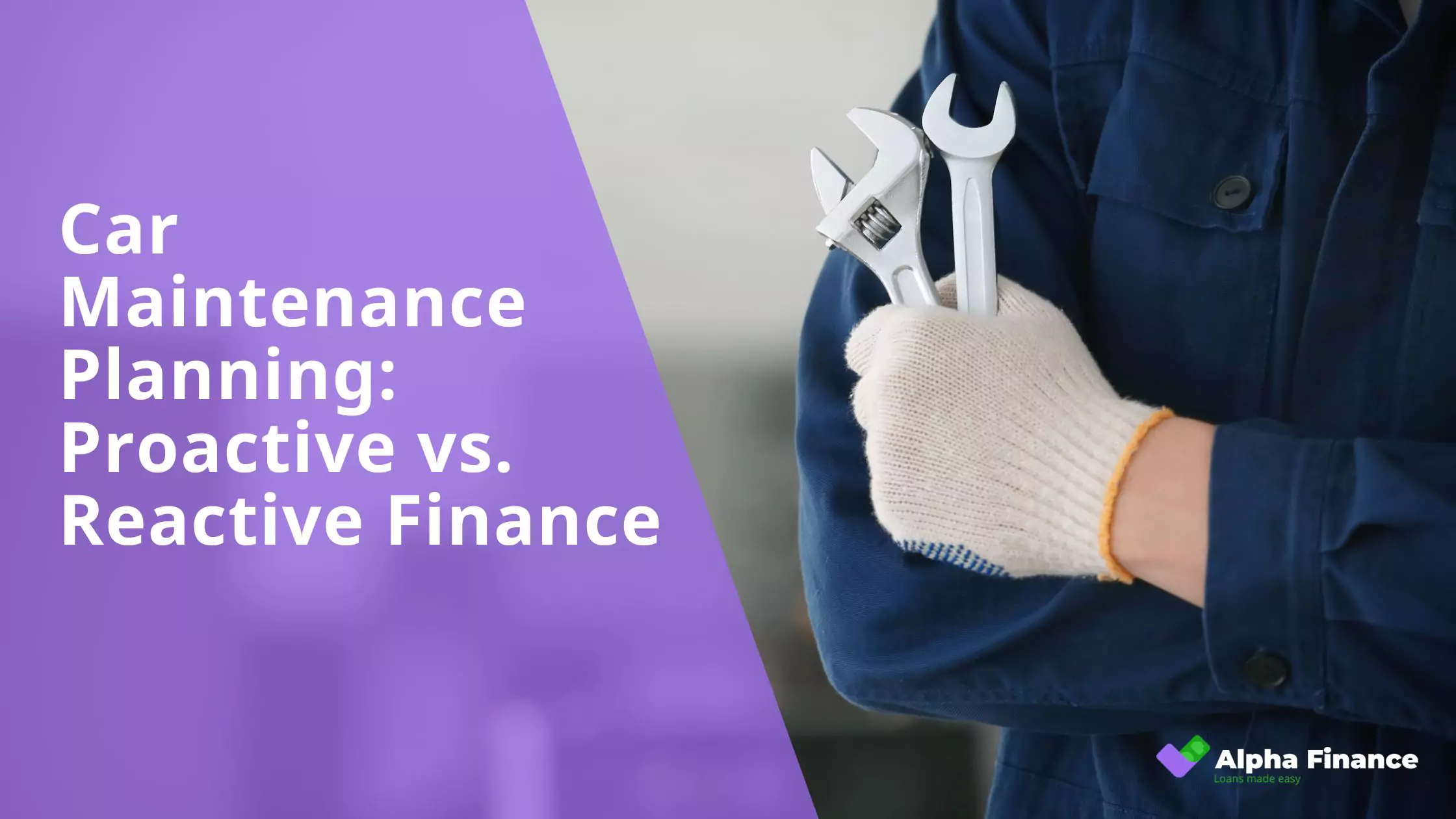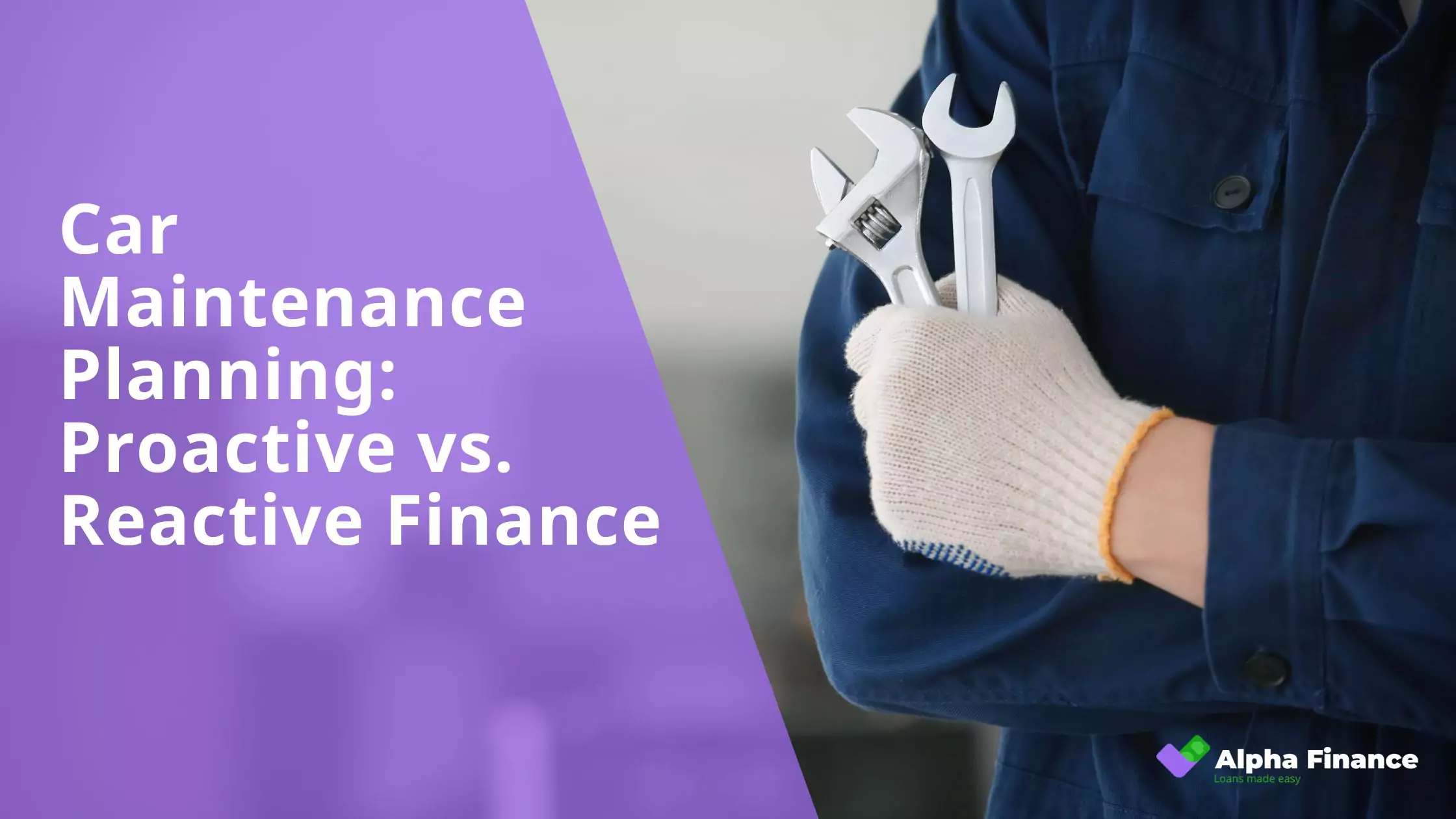For many, purchasing a car is one of life’s significant financial milestones, often viewed with a sense of accomplishment and long-term ownership. It’s a substantial outlay, leading to the natural question: Is this a wise investment? Let’s address this head-on: in the traditional financial sense, a car is generally not considered an investment that appreciates or generates income.
The primary reason for this lies in a fundamental economic principle: depreciation. This guide will delve deep into the concept of car depreciation, exploring why it occurs, how it impacts your finances, and ultimately, whether viewing a car as an “investment” is a financially sound perspective.
This comprehensive guide aims to provide you with a clear and thorough understanding of car depreciation, its various contributing factors, and its significant implications for your finances when considering a vehicle purchase. We’ll equip you with the knowledge to make informed decisions, manage your car-related finances effectively, and adopt a realistic perspective on the financial nature of car ownership.
Defining “Investment” vs. “Asset”: A Crucial Distinction
To understand the financial reality of car ownership, it’s essential to differentiate between a true “investment” and an “asset”:
-
Investment: In the financial world, an investment is typically defined as an asset purchased with the expectation that it will appreciate in value over time, generating a profit when sold, or that it will generate income through dividends, interest, or rent. Examples include stocks, bonds, real estate (in many cases), and certain collectibles. The primary goal of an investment is to grow your wealth.
-
Asset: An asset is something you own that has economic value. While a car certainly has economic value and can be sold, its defining characteristic is that it typically depreciates, meaning it loses value over time. Therefore, while a car is an asset, it’s generally a depreciating asset. In some accounting contexts, considering the ongoing expenses associated with it (fuel, insurance, etc.), a car could even be viewed as a liability that consistently costs you money.
Relatable Examples:
- Imagine buying shares of a profitable company (an investment). Over time, if the company performs well, the value of your shares likely increases, and you might also receive dividends (income).
- Now consider buying a new smartphone (a depreciating asset). The moment you open the box, its value starts to decrease. A year later, even if it’s in perfect condition, you won’t be able to sell it for the original price because newer models with better features have been released. A car behaves similarly, but often with a more significant financial impact due to its higher initial cost.
The Silent Killer: Understanding Car Depreciation
What is Depreciation?
Car depreciation is the decrease in a vehicle’s value over time due to various factors like wear and tear, age, mileage, and market conditions. It’s the difference between what you paid for the car and what it’s worth if you were to sell or trade it in later.
How Does Depreciation Work?
A car begins to lose value as soon as it’s driven off the dealership lot. This is partly due to the perception of it no longer being “new” and partly due to the accumulation of mileage and potential for wear. Over time, as the car ages and accumulates more mileage, its value continues to decline. Market forces, technological advancements in newer models, and the overall condition of your specific vehicle also play a significant role in the rate of depreciation.
The Initial Plunge
That significant 15-30% (or even higher) depreciation in the first year stems from several factors:
- The “New Car” Premium: A portion of a new car’s price includes a premium associated with being brand new. Once the car is titled and driven off the lot, it’s considered “used,” and this premium vanishes.
- Immediate Mileage Accumulation: Even a short drive home adds mileage, which is a direct indicator of wear and tear to potential future buyers.
- Market Perception: The market generally expects a used car to be priced lower than a new one, regardless of its actual condition or mileage in the very early stages.
- Dealer Profit Margins: The initial price often includes a dealer profit margin that isn’t recoverable in the used car market.
Factors Influencing Depreciation
- Make and Model:
- High Resale Value Brands: Brands like Toyota, Honda, Subaru, and certain luxury brands like Porsche tend to hold their value well due to their reputation for reliability, low maintenance costs, and strong demand in the used market.
- Faster Depreciating Brands: Conversely, some luxury brands (due to higher maintenance costs and less broad appeal), and less established or less reliable brands, often depreciate more quickly.
- Mileage:
- Average Mileage: Around 15,000 to 20,000 kilometres (or 10,000 to 15,000 miles) per year is often considered average. Cars with significantly higher mileage will depreciate faster.
- Low Mileage Premium: Conversely, cars with exceptionally low mileage for their age can command a premium in the used market.
- Age:
- The “Sweet Spot”: Often, cars around 3-5 years old represent a balance between lower initial cost (due to depreciation) and still having a reasonable amount of useful life remaining.
- Older Cars: Beyond a certain age (e.g., 10+ years), depreciation tends to slow down, but the car’s value is more heavily influenced by its condition and maintenance history.
- Condition (Interior & Exterior):
- Impact of Accidents: Even minor accidents reported on a vehicle history report can significantly reduce its value. Major accidents can lead to a “salvage” or “rebuilt” title, drastically lowering the value.
- Maintenance Records: A well-documented history of regular maintenance (oil changes, servicing, etc.) can help a car retain more value, as it assures potential buyers that the vehicle has been well cared for.
- Market Demand:
- Popular Segments: Currently, SUVs and trucks often hold their value well due to high consumer demand. Fuel-efficient vehicles and electric vehicles are also gaining popularity in the used market.
- Niche Vehicles: Cars with limited appeal or those that are no longer in production might depreciate more quickly due to a smaller pool of potential buyers.
- Fuel Efficiency and Environmental Factors:
- Rising Importance: As environmental concerns grow and fuel prices fluctuate, fuel-efficient and hybrid vehicles are becoming more desirable in the used market, helping them retain value better.
- Less Desirable: Gas-guzzling vehicles might depreciate faster due to higher running costs.
- Colour and Options:
- Neutral Colours: Black, white, silver, and grey tend to have the broadest appeal and thus the best resale value.
- Desirable Options: Features like leather seats, sunroofs, advanced safety systems, and modern infotainment can sometimes increase resale value, but their impact varies depending on the car and market.
- Undesirable Modifications: Heavily customised vehicles with aftermarket parts that aren’t universally appealing can actually decrease resale value.
The Real Cost of Ownership: Beyond the Purchase Price
While the initial purchase price and financing terms often dominate the car buying conversation, depreciation represents a significant and frequently underestimated cost of vehicle ownership. This gradual decline in value can, over the ownership period, equate to an expenditure comparable to, or even exceeding, outlays for fuel or insurance.
Consider a vehicle acquired for AUD 50,000 that is subsequently sold after five years for AUD 25,000. The resulting AUD 25,000 diminution in value represents a tangible financial cost. Annualised, this depreciation of AUD 5,000 may surpass annual fuel or insurance expenditures.
Depreciation is a fundamental component of the total cost of ownership (TCO). A comprehensive TCO analysis incorporates the initial acquisition cost, depreciation, fuel consumption, insurance premiums, maintenance, repairs, registration fees, and financing expenses. Understanding the TCO provides a more accurate and holistic perspective on the long-term financial implications associated with a particular vehicle, facilitating more informed acquisition decisions.
The Utility and Necessity of Vehicle Ownership
Despite the inherent depreciation associated with vehicle ownership, personal vehicles remain a crucial element of modern life for numerous reasons, often providing utility and fulfilling essential needs that outweigh purely financial considerations:
- Convenience: Personal transportation offers unparalleled convenience for commuting, personal errands, and daily activities, mitigating reliance on the schedules and routes of public transportation.
- Independence: Vehicle ownership fosters a sense of autonomy, enabling spontaneous travel and access to destinations with limited public transport options.
- Familial Requirements: For households, personal vehicles are often indispensable for transporting children, managing domestic tasks, and facilitating family engagements.
- Professional Obligations: Many occupations necessitate personal transportation for client interactions, field work, or commuting to locations with restricted public transit.
- Geographical Considerations: In suburban and regional areas, where public transportation infrastructure may be less developed, personal vehicles often represent the only practical and reliable mode of transport.
- Comfort and Privacy: Personal vehicles offer a private and comfortable environment for travel.
Strategies to Mitigate Car Depreciation (Smart Ownership):
While depreciation is an inherent aspect of car ownership, employing smart strategies can help minimise its impact:
-
Choosing Wisely: Conducting thorough research on makes and models known for historically lower depreciation rates is a crucial first step. Certain brands and vehicles consistently retain their value better due to factors like reliability, demand, and reputation.
-
Considering Used Cars: Purchasing a well-maintained used car allows you to avoid the significant initial depreciation that occurs in the first few years of ownership. The first owner has already absorbed this substantial value loss.
-
Careful Maintenance: Adhering to the manufacturer’s recommended servicing schedule and addressing any mechanical or cosmetic issues promptly is essential for preserving the car’s condition and, consequently, its value. Detailed service records can also be a selling point.
-
Minimising Mileage: If feasible, keeping your annual mileage below the average can help retain value. Lower mileage is generally perceived as less wear and tear by potential buyers.
-
Keeping it Clean: Regularly cleaning and protecting both the interior and exterior of your vehicle prevents premature wear and tear, preserving its aesthetic appeal and helping to maintain its resale value.
-
Avoiding Unnecessary Customisations: While personalising your car can be appealing, excessive or non-mainstream modifications can limit its appeal to a broader range of buyers and potentially decrease its resale value.
-
Knowing When to Sell or Trade-In: Understanding the typical depreciation curve for your vehicle can inform strategic decisions about when to sell or trade it in. Selling before a major depreciation milestone (e.g., reaching a high mileage threshold or the end of a popular model cycle) can be advantageous.
The Financial Implications: How Depreciation Impacts Your Wallet
Depreciation has direct and significant financial implications for car owners:
-
Resale Value and Trade-Ins: Depreciation directly determines the amount you will receive when you sell your vehicle privately or trade it in at a dealership. A car that has depreciated significantly will yield a lower return, reducing the funds available for your next vehicle purchase.
-
Loan-to-Value Ratio: Rapid depreciation can quickly lead to a situation where you owe more on your car loan than the car is actually worth. This is known as being “upside down” or having negative equity. This situation can be problematic if you need to sell or trade in your car before the loan is fully paid off, as you will need to cover the difference.
-
Insurance: In the event of a total loss (e.g., an accident where the car is irreparable or theft), insurance payouts are typically based on the car’s current market value, which is directly affected by depreciation. A significantly depreciated vehicle will result in a lower payout, potentially leaving a gap if you still owe a substantial amount on your loan.
-
Overall Wealth Building: The money lost to depreciation represents capital that could have been allocated to appreciating assets or investments, such as stocks, property, or superannuation. Over time, the cumulative effect of depreciation can significantly hinder your overall wealth-building potential. Understanding this opportunity cost is crucial for making informed financial decisions about vehicle ownership.
Are There Any Cars That Appreciate in Value? The Collector’s Market
It’s worth noting that there exists a niche market for classic and collectible cars where certain models can indeed appreciate in value over time. These aren’t your everyday runabouts, but rather vehicles with specific characteristics like rarity, historical significance, unique design, low production numbers, or a strong association with motorsport or popular culture. Think iconic sports cars from the 60s and 70s, certain limited-edition models, or vehicles with significant provenance (e.g., owned by a celebrity).
However, it’s crucial to emphasise that this is a small and highly specialised market, requiring significant expertise, passion, and often substantial capital. Predicting which modern cars will become future classics is speculative, and success in this area demands in-depth knowledge of automotive history, market trends, and the specific nuances of collecting. The factors that drive appreciation in this market are vastly different from those influencing the depreciation of regular vehicles.
Making Informed Decisions: Balancing Needs and Financial Sense
Ultimately, for the vast majority of car buyers, purchasing a vehicle is primarily a transaction driven by utility and necessity, rather than a strategic financial investment. While the allure of owning a particular car can be strong, it’s essential to factor in depreciation as a significant and unavoidable cost of ownership.
By understanding the principles of depreciation, researching models with better resale value, considering the benefits of the used car market, and adopting smart ownership habits, you can empower yourself to make more informed decisions. This involves balancing your practical transportation needs and personal preferences with a realistic understanding of the financial implications, allowing you to minimise financial losses over the lifespan of your vehicle.
Conclusion
To summarise, while the dream of a car that gains value is enticing, the reality for most vehicles is one of consistent depreciation. Understanding this fundamental principle is key to responsible financial planning.
We encourage you to approach car ownership with a realistic financial perspective, recognising depreciation as a significant cost. By making smart choices during the purchase process and throughout your ownership, you can minimise these financial losses while still meeting your essential transportation needs. Drive safely, and drive with your eyes open to the impact of depreciation on your wallet.
Financing Your Dream Car: Explore Options
While understanding depreciation is crucial for making informed car buying decisions, the reality is that many aspire to own a specific vehicle that meets their lifestyle and preferences. For those looking to bridge the gap between their savings and the cost of their desired car, exploring financing options becomes a necessary step. Understanding the various loan structures, interest rates, and repayment terms available is essential to making a financially sound choice that aligns with your budget and long-term financial well-being, even as you factor in the inevitable depreciation. Alpha Finance offers a range of car finance solutions designed to help you navigate the path to owning your dream car with transparent and competitive options. Explore Alpha Finance’s car loan solutions and take a confident step towards your driving aspirations today.




